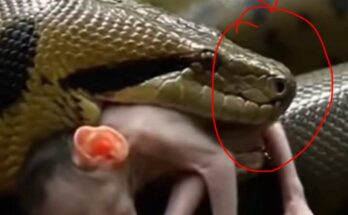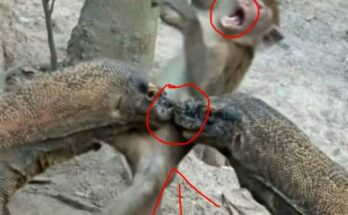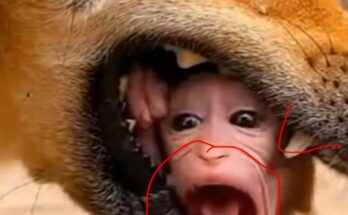
In the intricate world of macaque societies, relationships can be as complex as human politics. Disagreements, fights, and shifting alliances are part of daily life. But what happens when tensions rise and friendships fray? Surprisingly, macaques often turn to an unexpected solution: baby monkeys.
Researchers observing macaque troops have noticed a fascinating behavior. After a conflict, a macaque might approach a former opponent not with aggression, but with a baby — sometimes their own, sometimes borrowed. The sight of a tiny infant often softens tension and opens the door to reconciliation.
This isn’t just a random gesture. In macaque social life, infants play a powerful symbolic role. They represent innocence, safety, and shared interest. Holding or presenting a baby during a tense moment can act as a peace offering, a non-verbal way of saying, “Let’s calm down.”
The strategy works surprisingly well. Adults who were just involved in a fight might sit together quietly, grooming each other, while one holds the infant. The baby becomes a social bridge — a means of repairing trust and reaffirming bonds.
Scientists have coined this behavior “baby borrowing,” and it appears to be a deliberate form of social diplomacy. It’s not about manipulation; it’s about maintaining the delicate balance of group harmony. In large troops, where cooperation and alliances are essential for survival, using infants to ease conflict is a clever emotional tool.
These moments remind us that primate behavior often mirrors our own in unexpected ways. Just like humans may use humor, gifts, or shared moments to mend relationships, macaques have their own method — one that begins with the smallest members of the troop.


